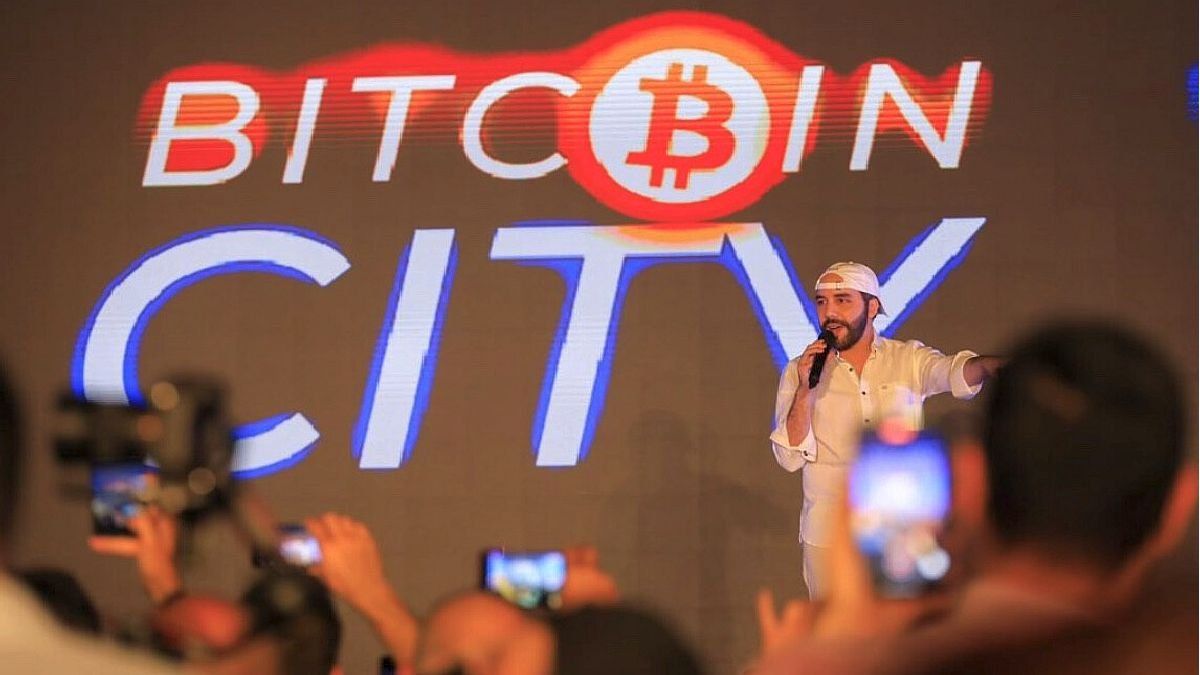Bukele also announced the construction of Bitcoin City and the placement of $1 billion in cryptocurrency-backed bondsbut this information is only accessed through Bukele’s tweets.
A year later, the measure did not report the expectations generated and has signs of opacity. Bukele’s bet focused on the massive adoption of bitcoin, the purchase of this asset with state funds and the attraction of investments and sending remittances in this currency. In the latter case, this implied significant savings in shipping fees.
Bukele has not made reference to bitcoin since June 30, when bought 80 coins with state resources amid a general decline in its value.
For the economist José Luis Magaña, “everything that has been linked around the implementation of the Bitcoin Law has been full of opacity, there are many unknowns that, a year after the law came into force, we still do not know it as civil society,” he told Efe, adding: “The government has not yet been able to clearly say what the objectives it was pursuing when implementing this law. It is very difficult to be able to evaluate, to be able to say if it has been successful or not.”
The expert noted that the adoption of the crypto asset has not boosted the salvadoran economy, given that the Central Reserve Bank (BCR) announced that the country will register an economic growth of 2.3% at the end of 2022, the usual rate registered for decades. In 2021 El Salvador grew 10.3% after reopening its economy post Covid-19.
Despite the widespread encouragement for bitcoin adoption, there are few payments in bitcoin that businesses receive. Wilfredo Mendoza, manager of a cafeteria, told Efe that “some foreigners do come to pay in bitcoin, but in national clients it is less (the payment). Of the total, of 100% of the clients, 0.05% is in bitcoin”.
Citizens, for their part, noted that not everyone pays with bitcoin nor do they use the government wallet. Some claimed to have downloaded it to collect the US$30 that the Government gave to stimulate it.
Another objective was financial inclusion, however, Magaña recalls that last July the Bureau of Economic Research published an investigation that suggests that only 20% of the population uses the wallet government, called Chivo Wallet, after collecting the bond. “80% of the population that downloaded the Chivo Wallet never touched it again.”
According to Bukele’s posts on Twitter, there are more than 4 million downloads of this app.
Source: Ambito
David William is a talented author who has made a name for himself in the world of writing. He is a professional author who writes on a wide range of topics, from general interest to opinion news. David is currently working as a writer at 24 hours worlds where he brings his unique perspective and in-depth research to his articles, making them both informative and engaging.




